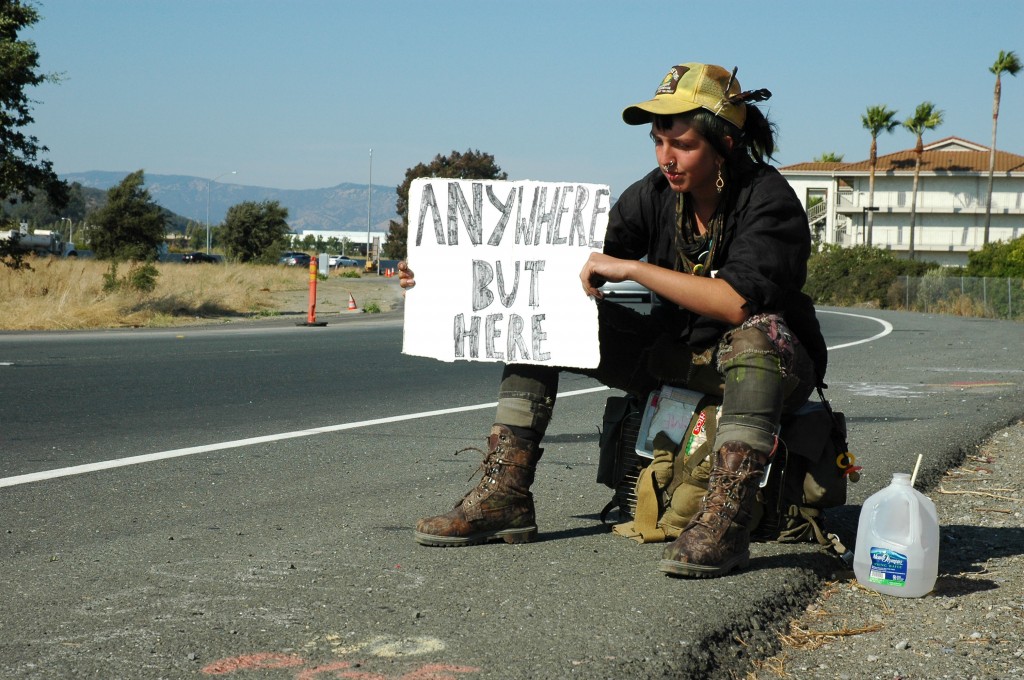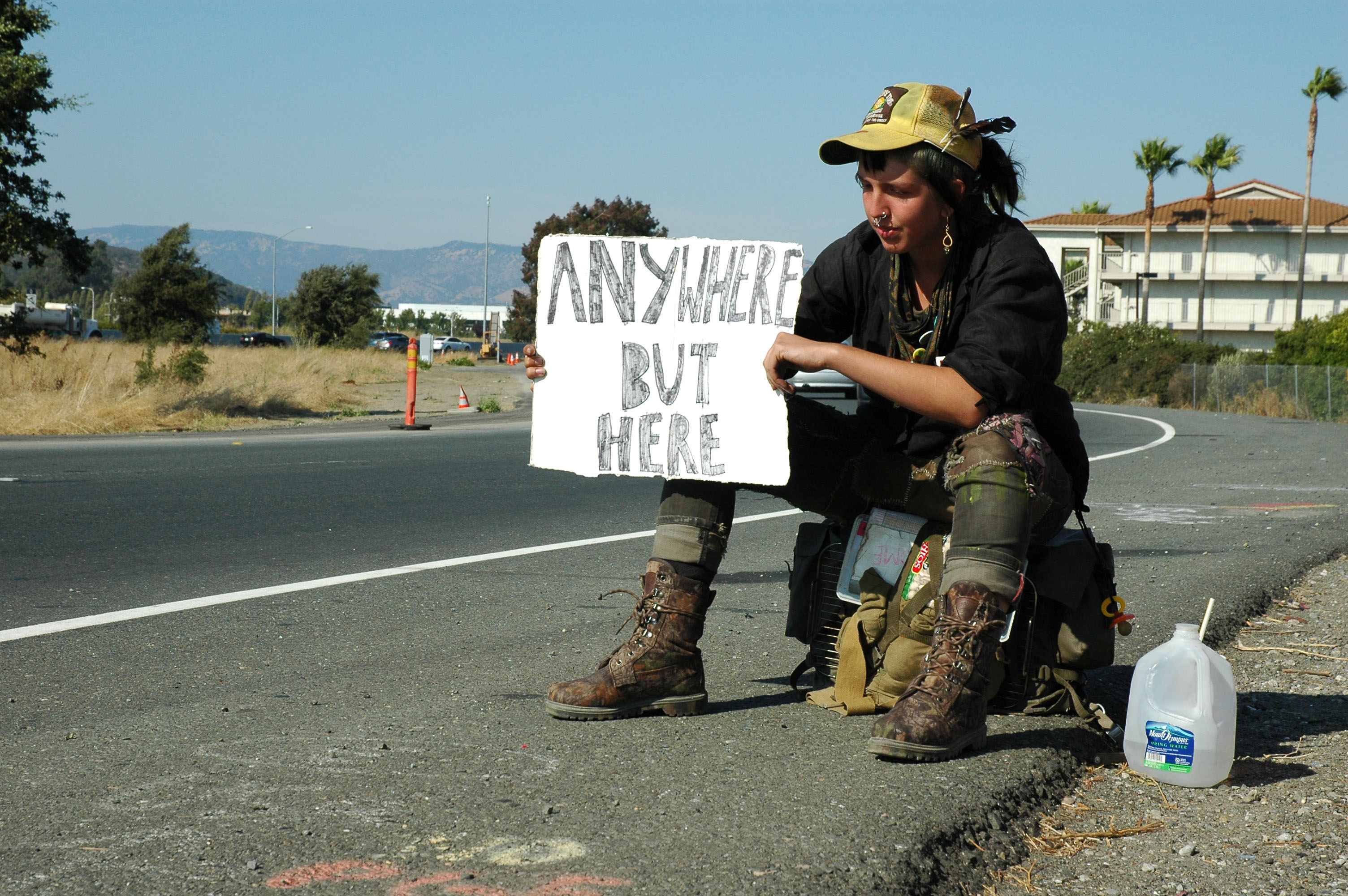By Katie Stobbart (The Cascade) – Email
Print Edition: October 15, 2014

Students have good reasons not to vote.
The common culprit for political abstinence is lack of knowledge about the process, the issues, or the candidates. It is easy to blame apathy as the demon possessing youth and preventing them from voting. But there is some legitimacy to not wanting to vote based on lack of knowledge, and also considering students are often transient — only living in the community for a set amount of time before getting out of Dodge.
While this is valid reasoning, it is also flawed, and perpetuates a cycle of non-voting. If students aren’t engaged in the political process, their values and issues reflecting their needs don’t take priority either in the campaign or in the years that follow. When student needs aren’t addressed by their municipality, engagement further drops.
This week, the list of candidates for municipal elections was released. There are two candidates for mayor and 31 for city council in Abbotsford (to fill eight spaces). In Chilliwack, there are four mayoral candidates and 17 vying for six city council spots. In Mission, five people are running for mayor and 19 for six city council spots. That’s not to mention candidates for school boards throughout the region.
As encouraging as it is to see so many people interested in the governance of our communities, researching each and every candidate is a lot of homework to add onto a full courseload, among other time commitments.
It’s also difficult to wade through the charming but redundant stories of the pastoral and religious upbringing of each candidate, accounts of how many children they have, and the slough of classic buzzwords: honesty, integrity, and so on. In a perfect world, candidates for office would be approachable but also more focused on connecting with constituents (including students), and not just with superficial baby-kissing.
Many students and youth in general do want to be politically involved. But in many ways, there’s a disconnect between the university community and the communities at large. How involved are we in making decisions? If the answer is not much, how can we be expected to want to stay here after we have completed our degrees?
Candidates and municipal leaders: if you want to engage students in this process, talk to us like people instead of as politicians, meet us on our home ground, and start acting like we’re valuable members in this community, instead of existing primarily on the sidelines.
Students: if you set aside a total of about three hours between now and November 15 (voting day) to look up the candidates’ information, brush up on the issues that matter to you, and discuss your findings with someone, that’s really all you need. To help you out, we’re going to be making a special effort this year to bridge students and the three communities surrounding UFV by interviewing all candidates for mayor and council with a focus on student concerns.
We’re all busy. We all have our reasons for disengagement. But those who can vote should. Even if you’re planning to move in a couple years, or next year, you’re making this a better community for the next generation of students who will have to deal with the decisions of the people you voted in — or didn’t.


